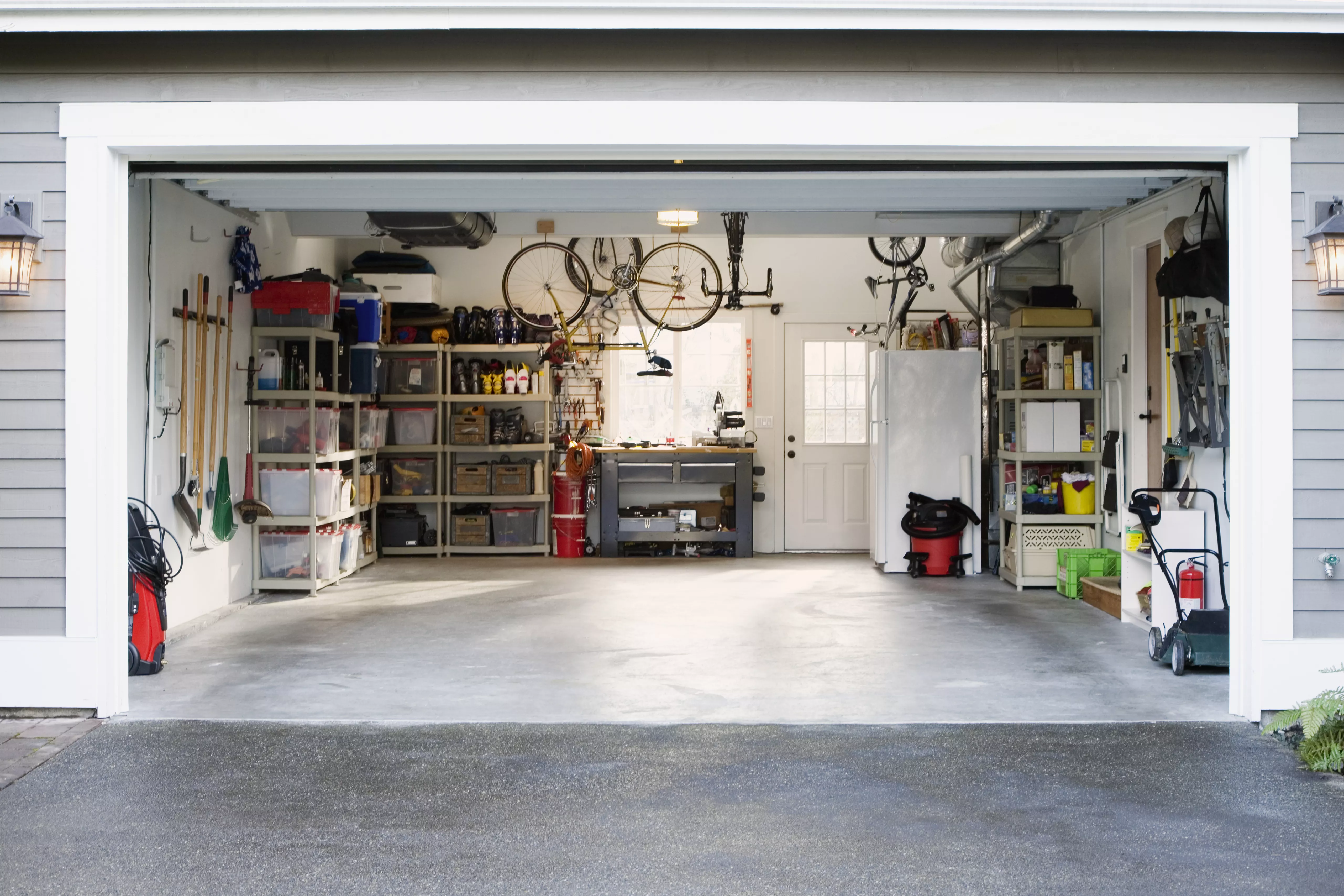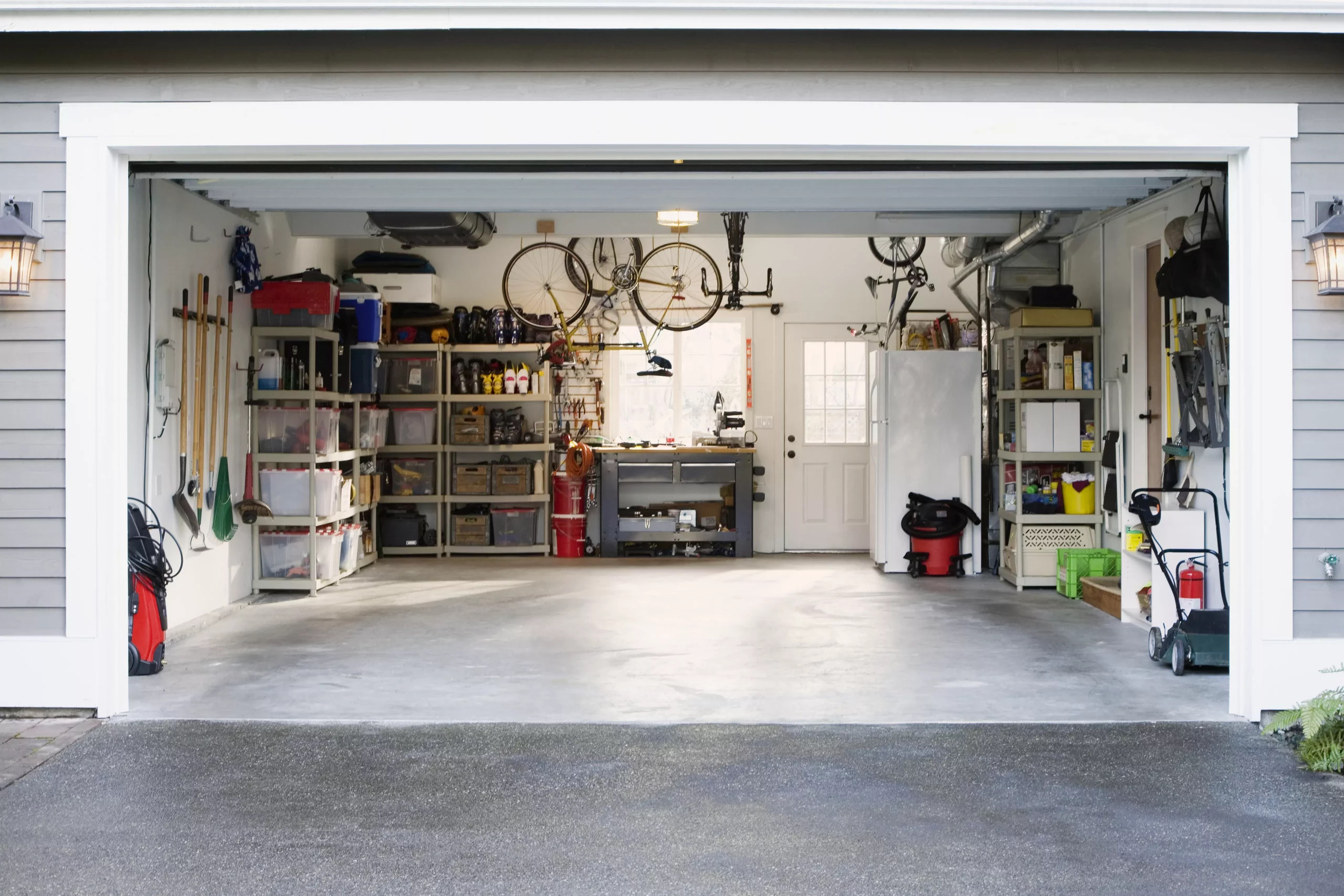Nearly all things that you leave connected in, whether on or off, use a small amount of power that contributes to your month-to-month electricity bill. We may unplug some appliances inside our home to assist lower these prices, yet items in the garage are typically ignored. Not only can these items cause a rise in power consumption, yet they additionally can position a possible fire risk. If you or a person in your home consistently utilizes devices or tools in the garage, the risk (and energy drain) is also greater.

Ahead, we stroll you with the typically forgotten things that should be disconnected when not in use– and why it matters. With a little effort and uniformity, you can reduce unnecessary prices and assist maintain your home safer.
1. Tool Battery Chargers
With so many modern tools and tools now powered by rechargeable batteries, it’s common to leave battery chargers plugged in all the time for ease. Nonetheless, doing so isn’t the most effective idea– both for your energy bill and your safety and security. Leaving battery chargers plugged in when they’re not in use or after a battery is fully billed can cause getting too hot, reduce the battery’s lifespan, and waste power. To avoid these risks, it’s best to unplug battery chargers whenever possible.
2. Air Compressors
If you keep an air compressor in your garage, make it a practice to unplug it when not in use. This straightforward action helps conserve power, decreases the danger of fire, and expands the life of the device. For included safety, always release any remaining air from the container after switching off and disconnecting the compressor. Doing so avoids condensation buildup inside the container, which can eventually lead to corrosion. Maintaining the device unplugged additionally secures it from potential damage triggered by power surges.
3. Power Strips and Extension Cords
Garages typically count on a mix of power strips and extension cords to provide electricity to tools, lights, fans, and various other job essentials. While hassle-free, leaving them connected in at all times can posture a fire risk. Straining them with too many items can bring about getting too hot, which may harm connected gadgets, or even worse, start a fire. Disconnecting power strips and extension cords when they’re not in use not just improves safety however can also aid you save a bit on your electricity expense, as they continue to draw power also when idle.
4. Job Lights
Comparable to the various other products on this checklist, the advantages of disconnecting portable work lights (such as clamp lights, hand lights, and flood lamps) are generally decreasing energy consumption and protecting against dangerous fires. While just changing them off may seem adequate, it’s much safer to completely disconnect them when not being used. This helps protect against unnecessary energy waste and decreases the risk of electrical fires.
5. Area Heaters
Room heaters are preferred for those who live in cold environments yet still wish to function easily on projects in their garage. Nonetheless, they can pose a serious fire risk if they overheat or are left unattended. To stay risk-free, always turn off and disconnect your room heating system when it’s not in use– even if you’re just stepping out awhile.



